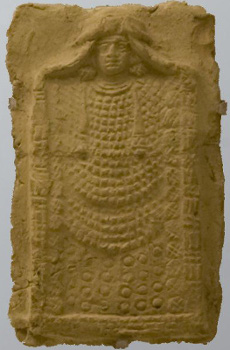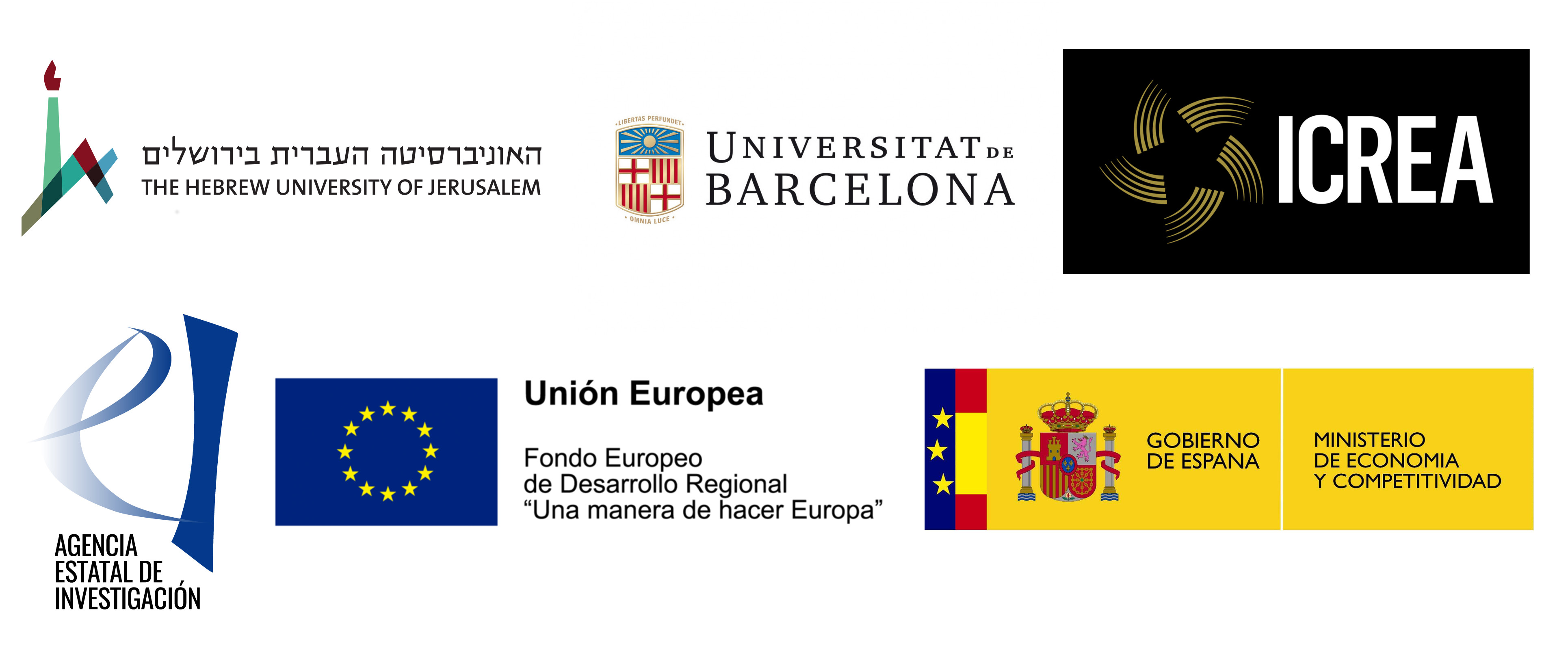You are seeing an unstyled version of this site. If this is because you are using an older web browser, we recommend that you upgrade to a modern, standards-compliant browser such as FireFox [http://www.getfirefox.com/], which is available free of charge for Windows, Mac and Linux.

Image: 87.160.796 (The Israel Museum, Jerusalem)
The so-called Divine Love Lyrics (DLL) is a corpus of several 1st millennium BCE texts, stemming from Assyria and Babylonia. The texts describe in detail the complex rituals and verbal ceremonies that involved Marduk, his wife Zarpanitu and his lover Ištar of Babylon. These texts may be connected in more than one way to other compositions dating from the Old Akkadian period to the Hellenistic times, dealing with rituals of divine love (Nissinen 2001).
Considering the blunt and provocative language of the texts, the term "lyric" is hard to maintain; but following W. G. Lambert, the first to treat this difficult corpus (Lambert 1975), we keep this term in our project. Thematically, more than love, the DLL deals with amorous jealousy, so "divine jealousy lyrics" might be a more appropriate appellation... Jealousy is expressed in the texts with salacious and offensive words, with vivid, even daring metaphors and similes. No doubt, this group of texts should be viewed from a gender perspective, as they probably made part of women's rituals which allowed the verbalization of jealousy and sexual desire in the framework of otherwise typically patriarchal society.
The DLL texts had clear cultic setting. The colophon of the ritual tablet of the set – after listing the cultic instructions and the incipits of the dicenda – informs that the series is a qinayyâtu, "rites against a (female) rival." Thus, it appears that the DLL texts record a ritual in which a divine ménage-à-trois, involving Marduk, his wife Zarpanitu and his lover Ištar of Babylon, was performed publically in different locations in the city of Babylon, mirroring, so we believe, human, not only divine, emotions.
When accomplished, this project will offer a complete edition, translation, commentary, and indices of the DLL texts – and present them online and in a book-form.
Because our work on the DLL corpus is still very much a work in progress, we kindly ask you to be patient with us and to bear in mind that the information included on this site is not yet complete and will change and expand over the course of time.
Bibliography:
